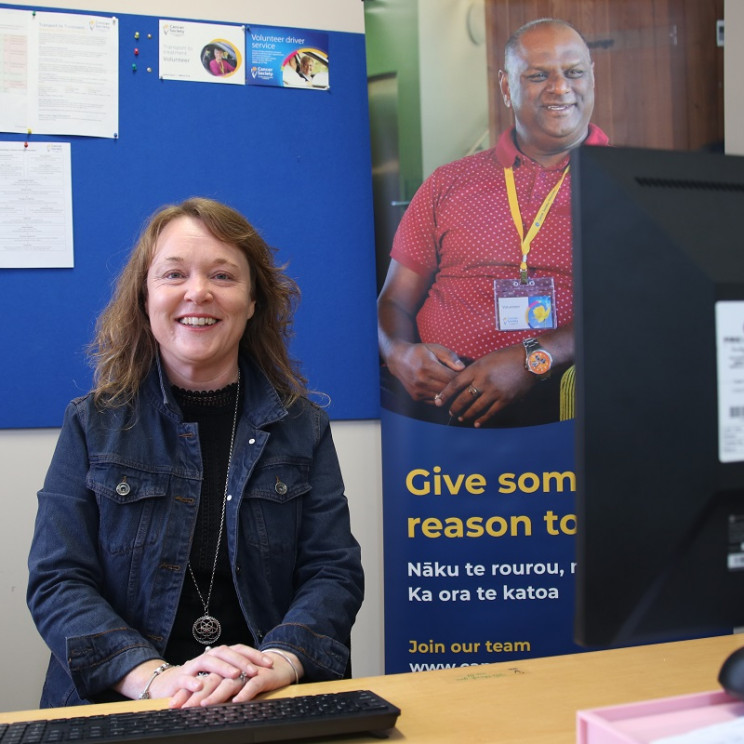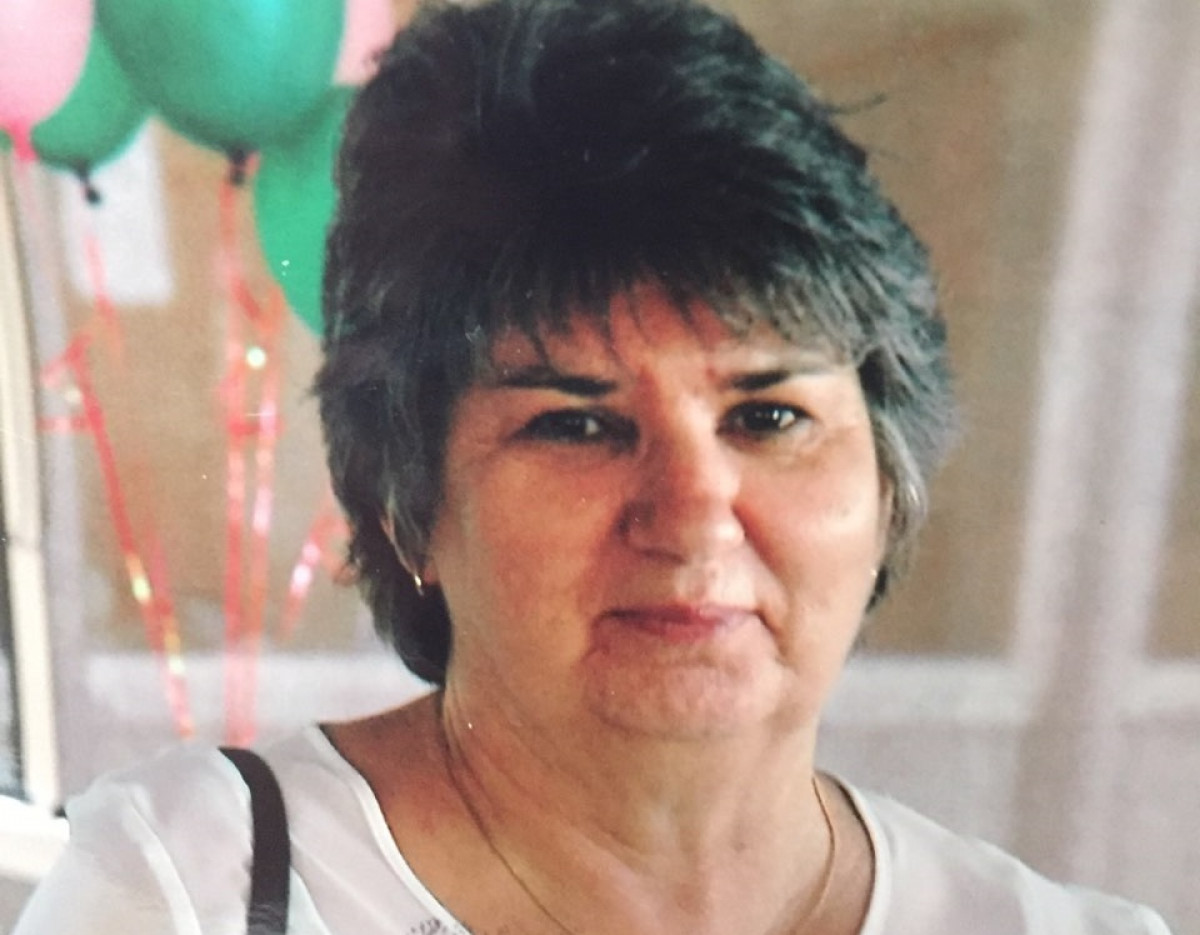National Volunteer Week recognises the unsung heroes who enrich their communities by generously giving their time.
Katikati local Glennis Sims has been volunteering for Cancer Society for over ten years. By her own admission, whenever something needs to be done you can guarantee she’s in the middle of it.
“Anything to do with Cancer Society, I’m happy to put my hand up. It’s the whole cause really, it’s something that you want to get involved in.”
Glennis is part of a tight-knit team of volunteers in Katikati. Every week they deliver morning tea to a local exercise group for people with cancer.
She’s been a volunteer driver too – ensuring people get to vital cancer treatment when they’re going through a tough time. Later this year, Glennis will coordinate the Daffodil Day street appeal in the town, which means arranging street collection sites and recruiting other volunteers.
The annual appeal is the largest fundraising event for the charity. It’s only made possible because of volunteers like Glennis.
There are lots of reasons why people volunteer. Some do it to stay active and connected to their community. Others want to share their skills and experience. Glennis says she’s motivated by a desire to “pay it forward”.
“My mother-in-law and father had cancer, and my sister had breast cancer. Everybody helped them. I like to think if I ever need it, I can put my hand up and someone will be there for me too.”
Many volunteers are modest about the contribution they make. Glennis says she’s “just a small cog in a big wheel”. But it’s the combined contribution of volunteers who regularly donate just one or two hours that collectively makes a difference.

Waikato/Bay of Plenty Cancer Society Volunteer Development Manager Nicola Bowe has crunched the numbers. She says last year Cancer Society volunteers donated 8745 hours around the region.
That’s down on previous years due to Covid restrictions. But with Cancer Society volunteers returning to oncology departments to support cancer patients as well as gatherings like support groups back up and running, she expects the number of volunteer hours to climb steadily.
But Nicola says the statistics don’t paint the full picture.
“For a cancer patient who might not otherwise be able to get to treatment safely, or who needs someone to talk to during the long hours having chemotherapy, the impact our volunteers make is huge.
“There’s no typical volunteer,” says Nicola. “But the one thing they have in common is a real desire to make a positive difference for people affected by cancer in their community.”
Glennis says there’s no shortage of willing volunteers wanting to make a positive difference.
I only have to ask, ‘can you lend me an hour’, and they usually do. People in Katikati are like that. Everybody is willing to lend a hand to causes such as this.

